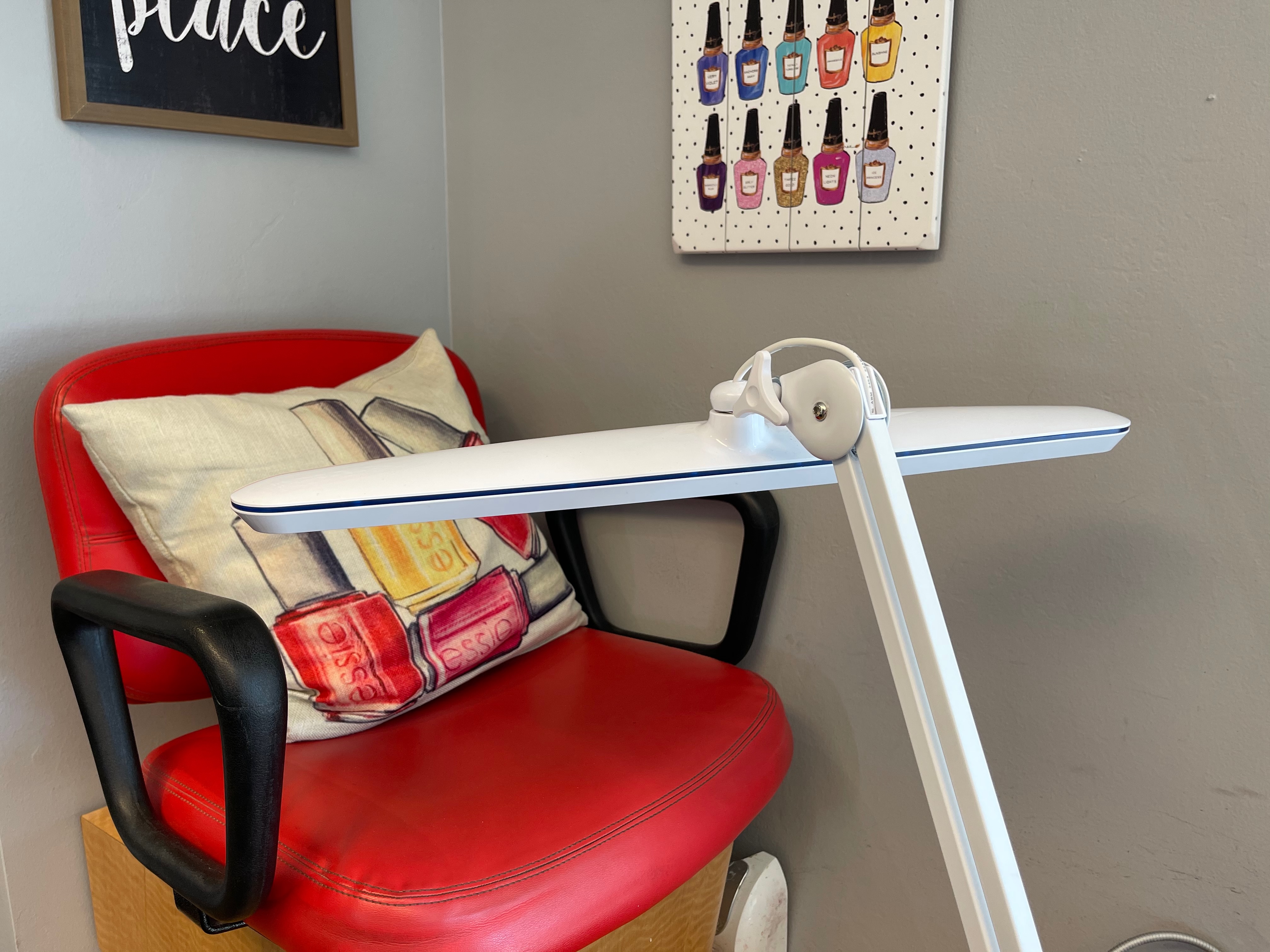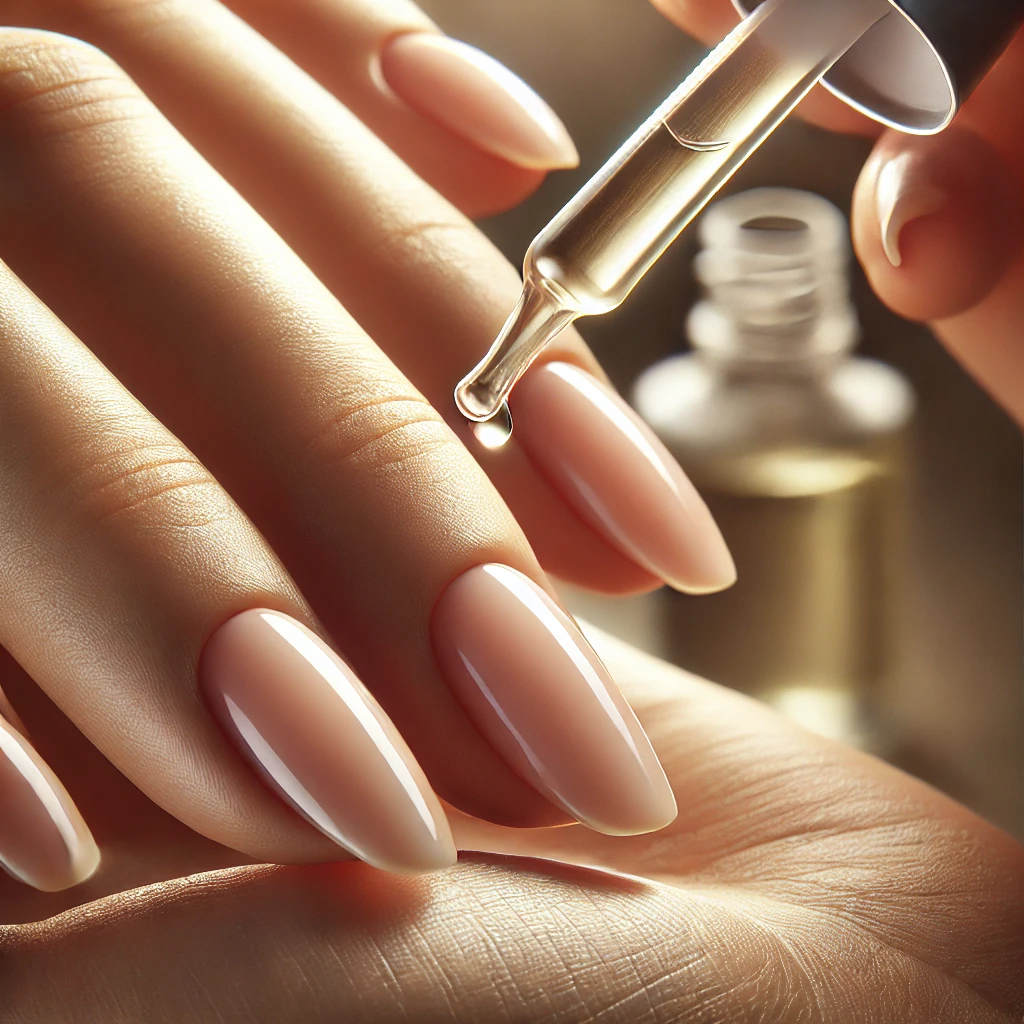Are you tired of feeling self-conscious about your skin? Do you feel like you’ve tried every lotion and cream out there without success? If so, keep reading. Here are some tips on getting clear skin using natural ingredients. So, put down the harsh chemicals and opt for something that will nourish your skin instead!
What helps skin clear naturally?
Some things can help clear skin naturally, including:
Detox Water For Clear Skin:
Ingredients:
- 1 lemon, sliced
- 1 cucumber, sliced
- 1 cup of water
Instructions:
Add the lemon and cucumber slices to a cup of water, and enjoy! This detox water helps flush out toxins and impurities from your system, which can lead to clear skin.
Cleansing your skin twice daily
Cleansing your skin two times a day helps achieve clearer skin. The most important part is to remove dirt or makeup that may be clogging your pores. If you do this, you will be less likely to experience breakouts. And when it comes to choosing a cleanser, opt for one that is sulfate-free and non-comedogenic, as these will be the least likely to irritate your skin.
Be sure to rinse your face with warm water after cleansing to remove all of the cleansers. Then, follow up with a light moisturizer to help keep your skin hydrated. Cleansing your skin twice a day is a simple way to keep your pores clear and glowing skin!
Moisturizing Your Skin
After cleansing your skin, moisturize it to keep it hydrated. When finding the right moisturizer for your skin type, choosing one that is non-greasy and light in texture is essential. And if you have sensitive skin, be sure to look for a moisturizer that is fragrance-free and hypoallergenic. Wash your face twice time in a day for better results.
Coconut Oil For Clear Skin:
Ingredients:
- 1 tablespoon of coconut oil
Instructions:
Massage the coconut oil into your skin to moisturize it. Coconut oil is a natural antibacterial agent that can help clear any blemishes or acne. In addition, it helps to keep your skin hydrated and looking radiant.
Green Tea For Clear Skin:
Ingredients:
- 1 green tea bag
- 1 cup of water
Instructions:
- Steep the green tea bag in hot water for 3-5 minutes.
- Remove the tea bag and allow the tea to cool slightly.
- Apply it to your skin using a cotton ball. The antioxidants in green tea can help to clear up acne and blemishes while also helping to reduce inflammation.
Honey For Clear Skin:
Ingredients:
- 1 tablespoon of raw honey
Instructions:
Apply the honey to your face and allow it to sit for 15-20 minutes. Rinse it off with warm water and pat your dry skin. Raw honey is a natural antibacterial agent that can help clear up acne and blemishes. In addition, it is a natural humectant, which helps keep your skin hydrated.
drinking plenty of water
Drinking plenty of water is essential for clear skin. Water helps flush toxins from your system, which can clear the skin. In addition, it helps to keep your skin hydrated and looking radiant. Be sure to drink at least 8 glasses of water daily to reap the benefits!
eating a healthy diet
Eating a healthy diet is also vital for clear skin. Foods rich in antioxidants, like berries and leafy greens, can help fight off free radicals that can damage your skin. In addition, foods that are high in salicylic acid, like salmon and avocados, can help to keep your skin hydrated and looking its best. So be sure to include plenty of these healthy foods in your diet to achieve clear skin!
getting enough sleep
Getting enough sleep is crucial for clear skin. When you don’t get enough sleep, your body goes into stress mode and produces the hormone cortisol. Cortisol can increase inflammation in the body, leading to breakouts and other skin problems. So be sure to get at least 7-8 hours of sleep every night to keep your skin looking its best.
managing stress
Managing stress is also important for clear skin. When stressed, your body produces the hormone cortisol, which can increase inflammation and breakouts. So it’s important to find ways to relax and de-stress to keep your skin looking its best. Try taking a yoga class, listening to calming music, or spending time in nature.
If you follow these tips, you should see a clear difference in your skin in no time!
What foods help clear skin
Some foods can help clear skin naturally, including
Yellow and orange fruits and vegetables include carrots, apricots, and sweet potatoes.
These foods are high in beta-carotene, which helps to keep skin clear and healthy.
Other foods that can help clear skin include omega-3-rich foods such as salmon and avocados, green tea, and dark chocolate. These foods are all high in antioxidants, which help to fight off free radicals that can damage your skin. So be sure to include plenty of these healthy foods in your diet to achieve clear skin!
Spinach and other dark green and leafy vegetables.
These vegetables are rich in vitamins A and C, essential for clear skin. In addition, they contain high levels of antioxidants, which can help to fight off free radicals that can damage your skin. So be sure to include plenty of these healthy vegetables in your diet if you want clear skin!
Tomatoes.
Tomatoes are another great food for clear skin. They are rich in lycopene, an antioxidant that helps to protect your skin from damage. Lycopene is also known for its anti-inflammatory properties, which can help to reduce the appearance of blemishes and acne. So be sure to include plenty of tomatoes in your diet if you want clear skin!
Blueberries.
Berries are also great for clear skin. They are packed with antioxidants, which help to fight off free radicals that can damage your skin. In addition, berries are high in fiber, which helps to keep your skin looking clear and healthy. So be sure to include plenty of berries in your diet if you want clear skin!
Dark Chocolate
Dark chocolate is also great for clear skin. It is rich in antioxidants, which help to fight off free radicals that can damage your skin. In addition, dark chocolate contains flavonoids, which have anti-inflammatory properties that can help to reduce the appearance of blemishes and acne. So be sure to include plenty of dark chocolate in your diet if you want clear skin!
With these tips, you should see a clear difference in your skin in no time!
Brown rice.
Brown rice is a great food for clear skin. It is high in fiber, which helps to keep your skin looking clear and healthy. In addition, brown rice is a good source of antioxidants, which help to fight off free radicals that can damage your skin. So be sure to include plenty of brown rice in your diet if you want clear skin!
Quinoa
Quinoa is another great food for clear skin. It is high in protein, which helps to keep your skin looking healthy and clear. In addition, quinoa is a good source of antioxidants, which help to fight off free radicals that can damage your skin. So be sure to include plenty of quinoa in your diet if you want clear skin!
Tips for clear skin
While it might not be the most glamorous or exciting method, getting clear skin is about consistency and patience. So if you’re looking for long-term clear skin, start with these tips.
Cleanse morning and night.
We already covered this, but it is worth repeating because it’s so important. Ideally, you should clean your face in the morning and at night as the foundation of any good skincare routine. It helps to remove dirt, oil, and makeup that can clog pores and lead to breakouts.
Exfoliate regularly.
Exfoliating helps slog off dead skin cells that can build up on the surface of your skin. This can help to unclog pores and prevent breakouts. Try exfoliating a few times a week for the best results.
Use a gentle cleanser.
Choose a cleanser that is gentle and non-drying. Avoid cleansers with harsh ingredients or fragrances, as these can irritate the skin and make breakouts worse.
Moisturize every day.
Moisturizing is important for all skin types, even if you have oily skin. A good moisturizer will help to hydrate the skin and protect it from environmental damage.
Wear sunscreen daily.
Sunscreen is an essential step in any skincare routine, regardless of your skin type. It helps to protect the skin from harmful UV rays that can cause premature aging and skin cancer.
See a dermatologist.
If you’re struggling to clear your skin, it’s worth seeing a dermatologist. They can prescribe medication or give you other treatment options that may be more effective for your situation.
Use benzoyl peroxide gel
Benzoyl peroxide is a medication that dermatologists often prescribe to treat acne. It helps to clear the skin by killing the bacteria that cause acne-prone skin. Benzoyl peroxide is available in gel and cream form and can be applied directly to the skin.
If you consider using benzoyl peroxide to clear your skin, you must talk to your doctor first. They can help you choose the right dosage and type of benzoyl peroxide for your specific situation.
Conclusion
Following these tips can help you get clear skin and achieve long-term results. Remember to be patient and consistent with your skincare routine, and don’t hesitate to seek professional help if you struggle to clear your skin. Toner can remove excess oil from the skin and help unclog pores. Products containing retinoids, benzoyl peroxide, glycolic acid, and salicylic acid can help treat acne.…



